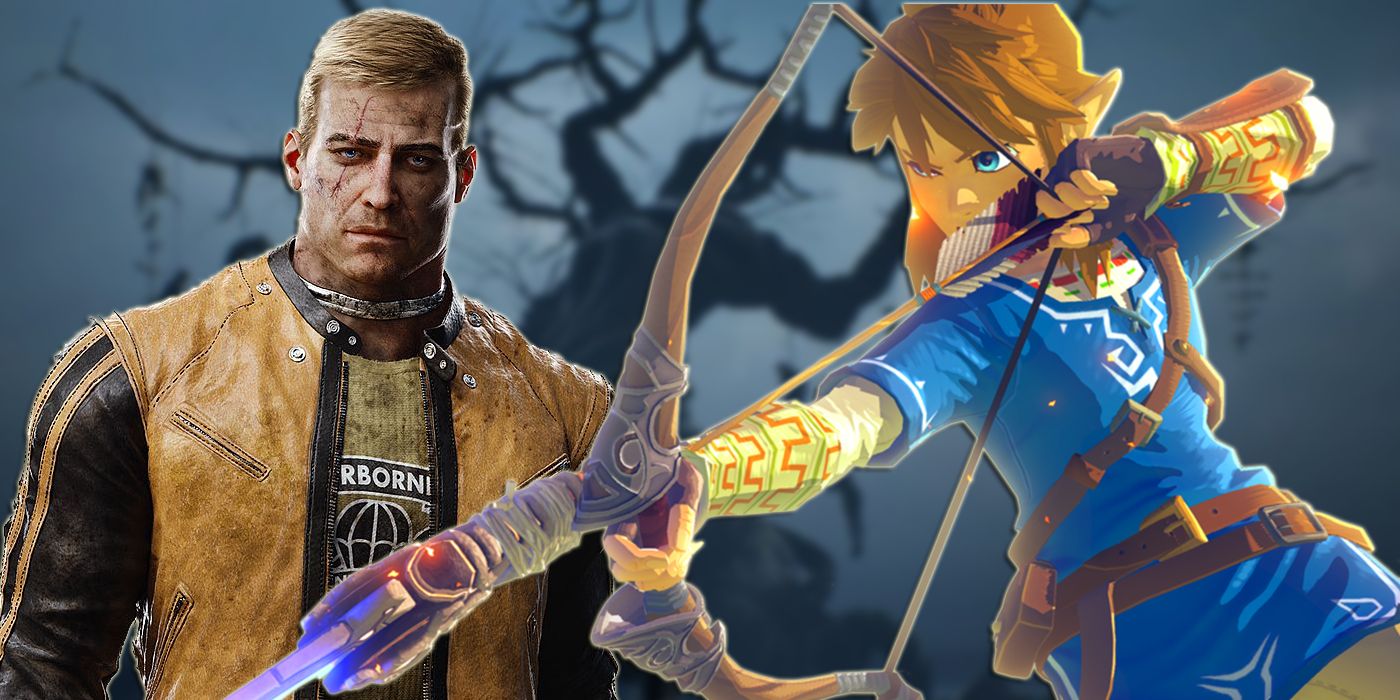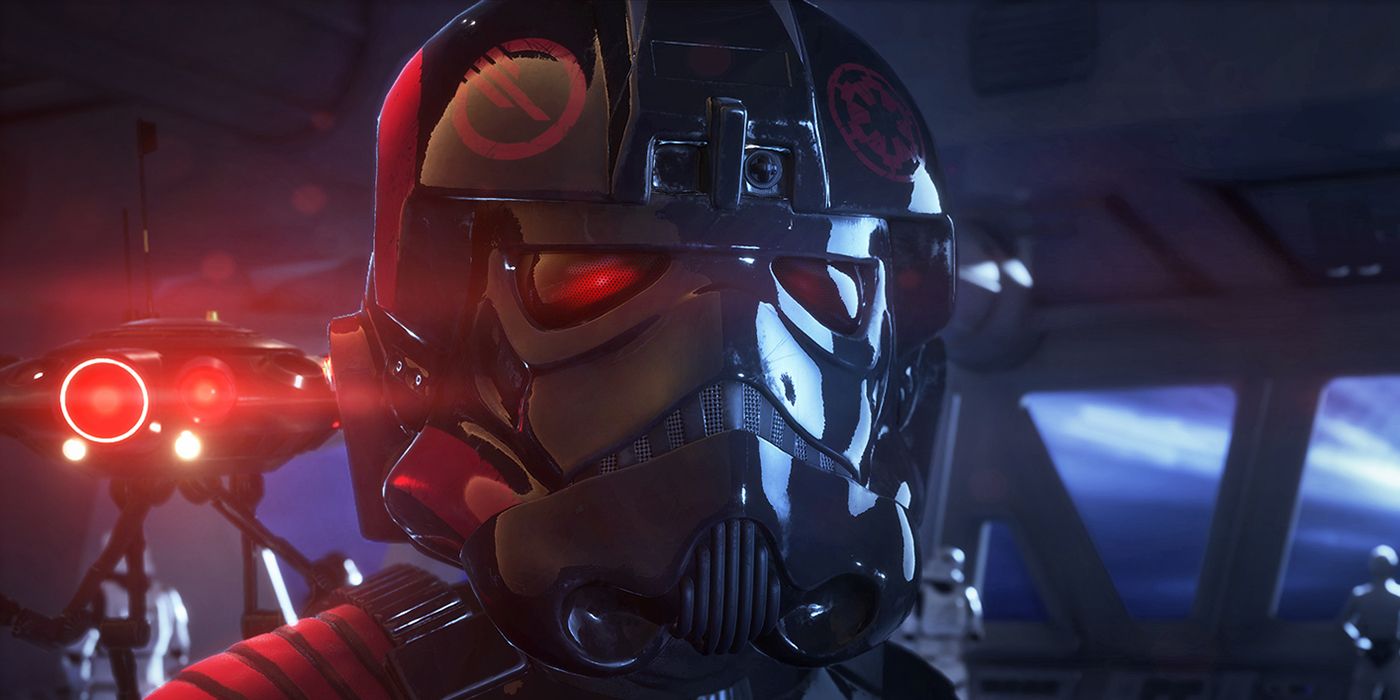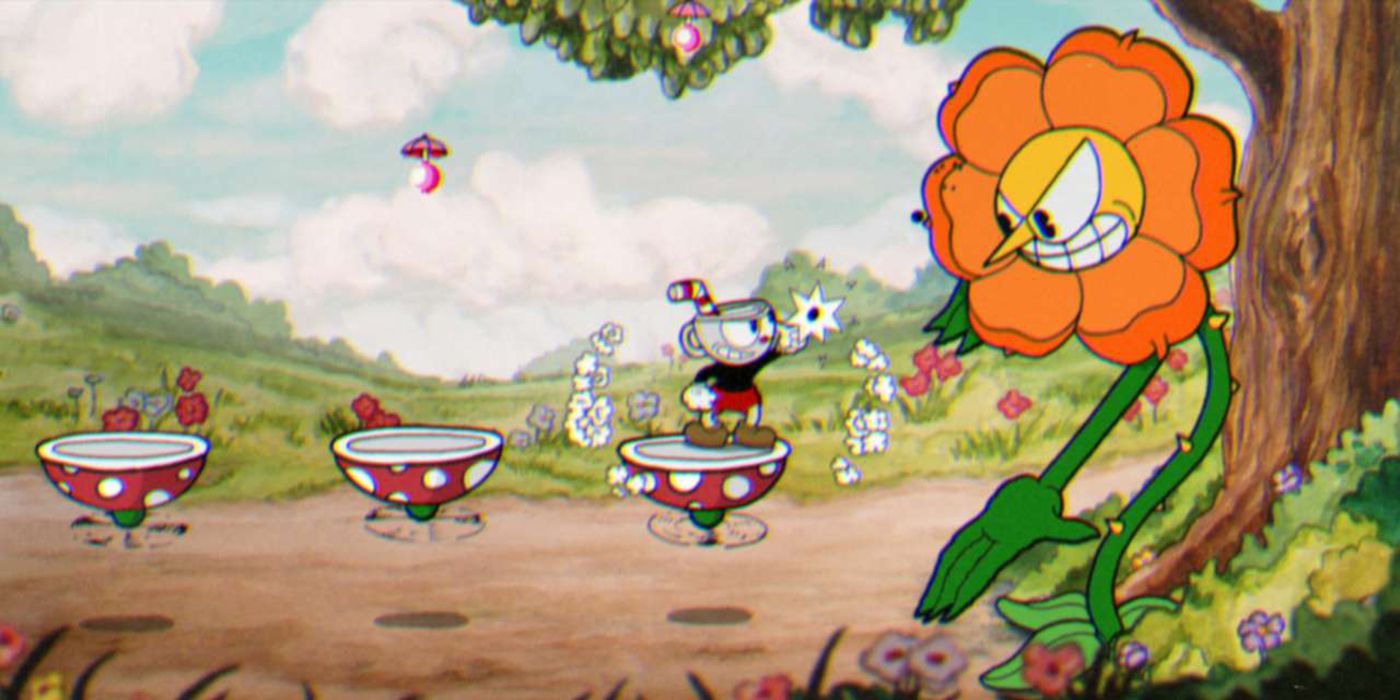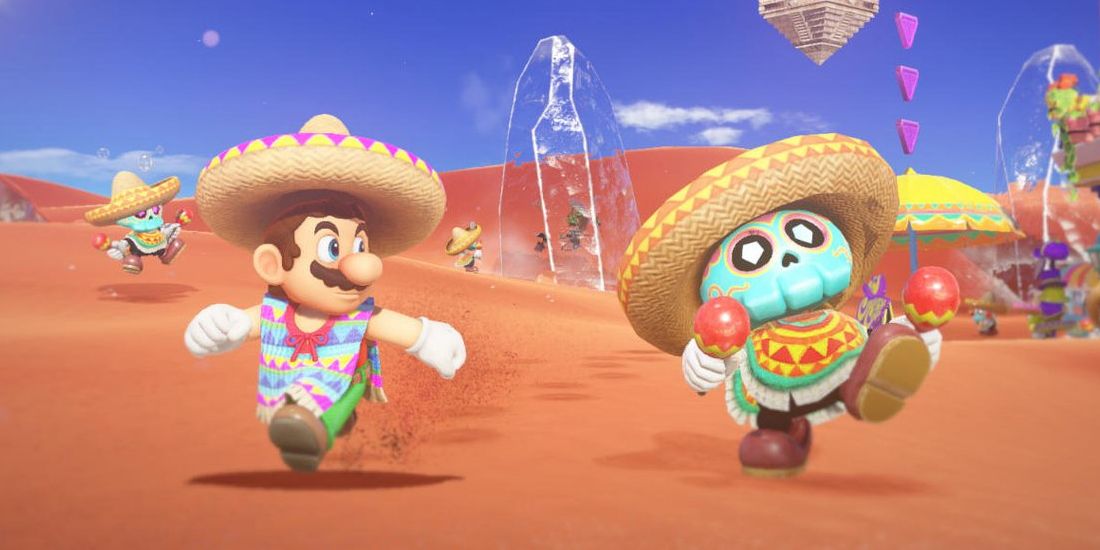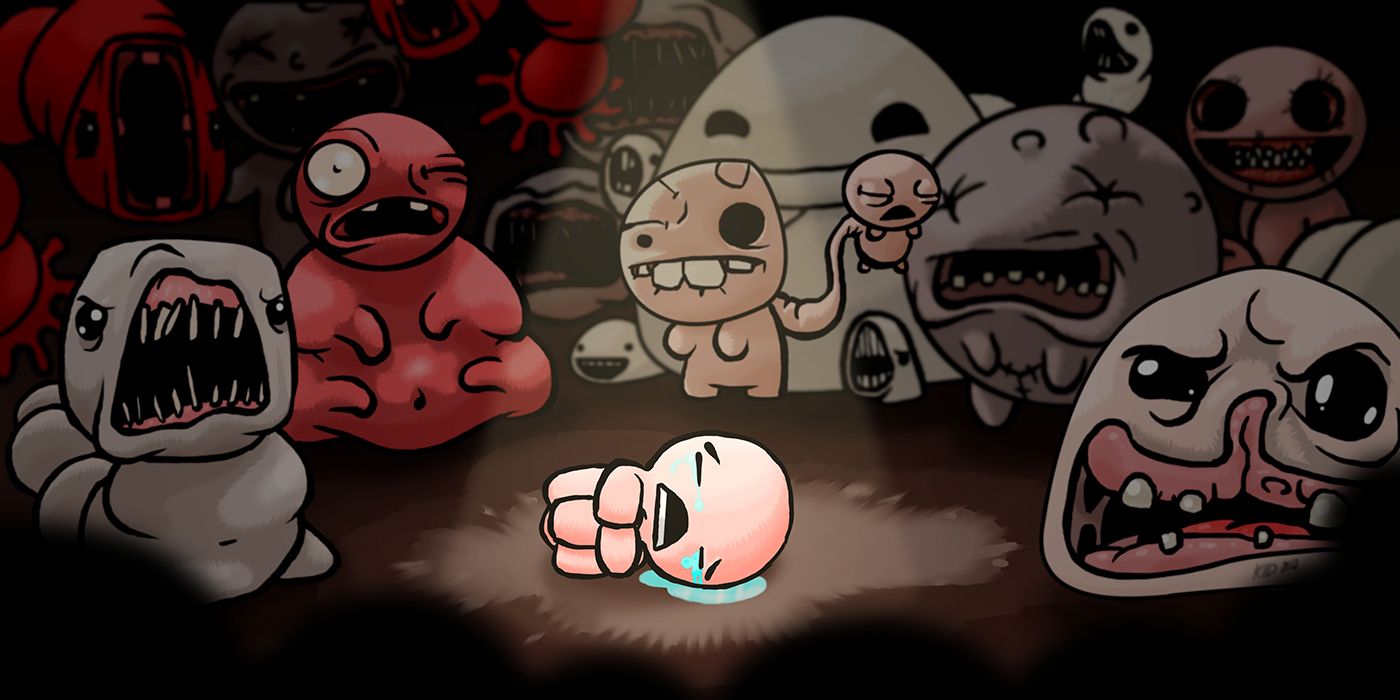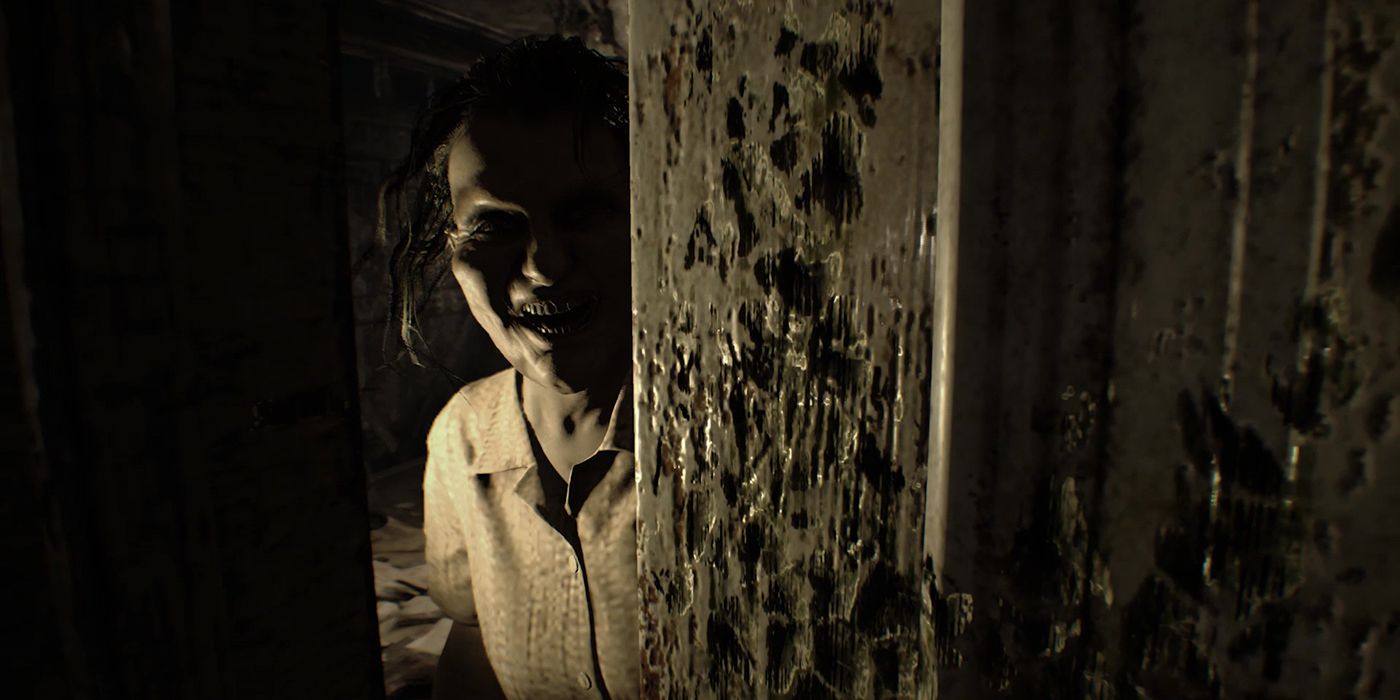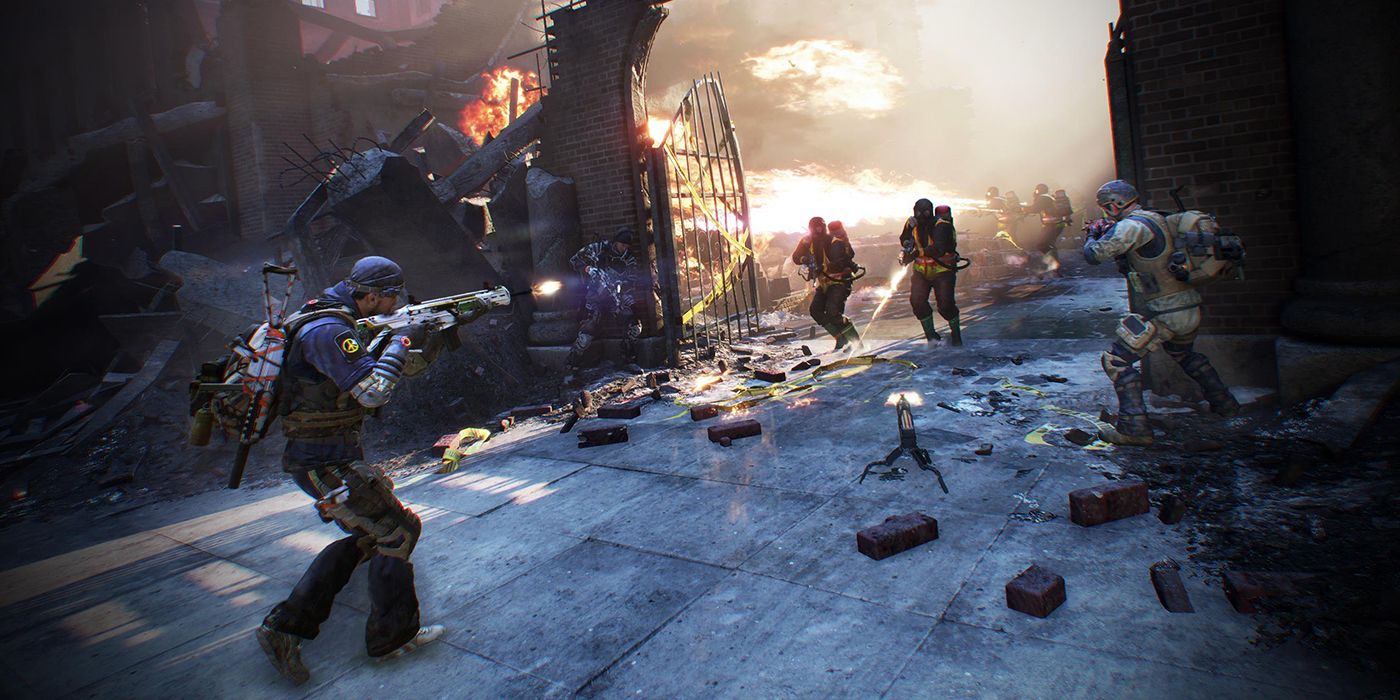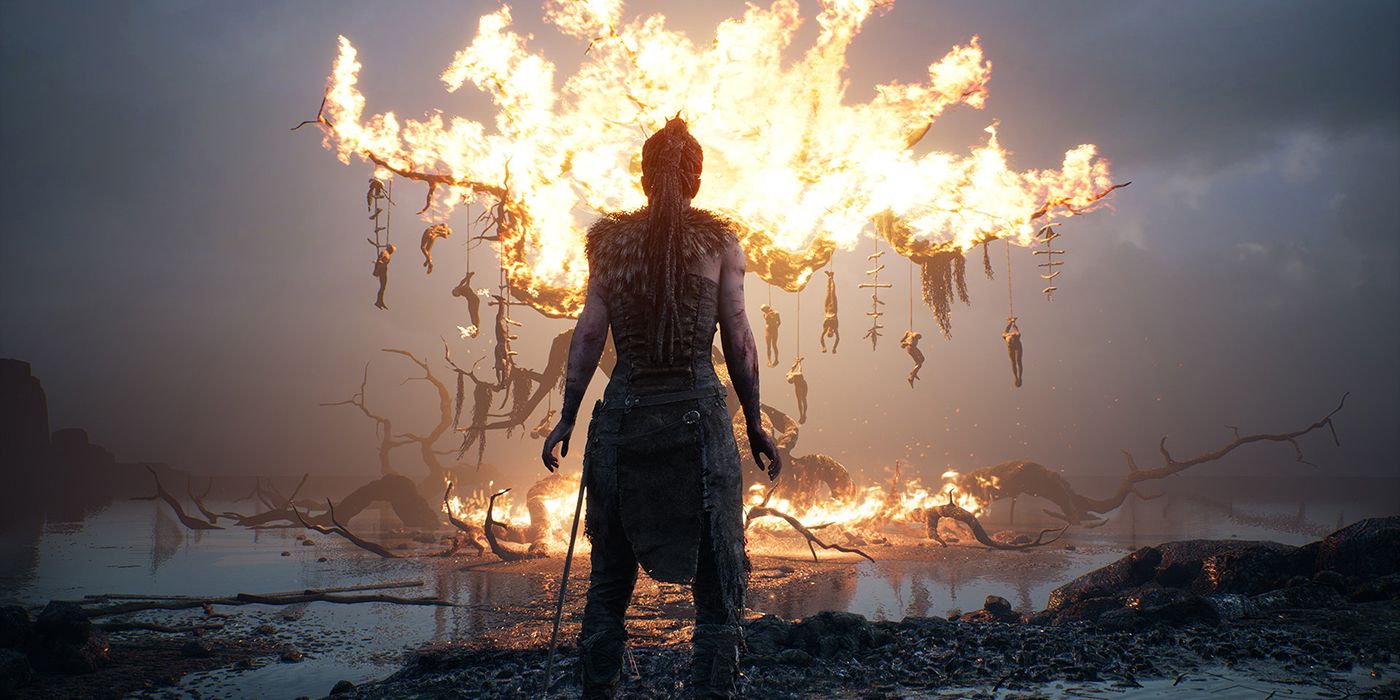In 2017, the bell tolled for single player games. It was the year in which Electronic Arts shut down Visceral Games, effectively pulling the plug on the Dead Space studio's campaign-centric Star Wars project. Although the game itself apparently lives on over at EA Vancouver, its scope and structure will likely be dramatically changed, moving more towards the popular games-as-service model.
This was a gut punch for fans of the single player experience, who had been hoping for a Star Wars solo action adventure game that could rival the likes of even Uncharted. After all, the development of the title was being spearheaded by Amy Hennig, and the director's work over at Naughty Dog has left a lasting legacy on the games industry.
Related: The Uncharted Video Game Series Is Definitely Not Done
That game is now gone, and EA's chief financial officer Blake Jorgensen has suggested that the linear, single player experience is becoming extinct. Recently, the CFO was speaking at the Credit Suisse 21st Annual Technology, Media & Telecom Conference, and Jorgensen effectively stated that people don't like linear games anymore. In EA's mind, the future of games is open worlds, social interactions, and (of course) microtransactions.
This wasn't the only moment in the year that tested the faith of single player gaming fans, though. Visceral's EA stablemate BioWare has a long history of focusing on single player story-driven campaigns, but its next project is anything but. Anthem was announced at E3 this year, but its first gameplay trailer showed not a deep solo RPG akin to Mass Effect or Dragon Age, but instead something that felt much closer in tone to Destiny: a futuristic shooter with drop-in MMO elements.
It's true that the games-as-service model has grown in the last few years. The success of Blizzard's Overwatch has led to many imitators, both in terms of its gameplay and in terms of its loot box-led business model, and the multiplayer shooter has left a deep mark in the world of gaming as a whole. It's a title that other games, and other developers, aspire to be, and aspire to beat. Alongside that, the massive popularity of PlayerUnknown's Battlegrounds and the continued success of MOBA titles like League of Legends and DotA 2 showcases that the gaming community is enthralled by multiplayer.
However, that doesn't paint a full picture of the video game landscape. One look at the top trending games of 2017 shows that the single player game can get tongues wagging. Horizon: Zero Dawn is easily one of the best games of 2017, with a thrilling post-apocalyptic story, strong characters, and an immersive world. Although it gave players an open world to involve themselves in, its key narrative was one of the major selling points, with the open world a wonderful way to bring context to the story as a whole.
Related: Cuphead: How to Unlock All the Secret Modes
Horizon: Zero Dawn isn't alone, either. After what seems like an age, Cuphead finally saw release. This 2D run-and-gun shooter won hearts with its classic cartoon aesthetic, challenging boss battles, and charming story, and - perhaps as a surprise to those who proclaimed the demise of the single player - it delivers a simple, straightforward narrative. What's more, aside from a local co-operative option, the game is single player in nature.
Bethesda as a publisher is also far from giving up on the idea of single player games being at the forefront of gaming. 2017 saw the release of Prey and Wolfenstein: The New Colossus, with both games gaining plaudits from critics for their excellent narratives and compelling gameplay. Prey's sales success in particular has made good reading for the publisher to boot.
The success of the Nintendo Switch has even given some games a second lease of life. 2016's DOOM saw re-release for Nintendo's console, while Skyrim has proved to be as immortal as the game's own storyline-vital NPCs by seeing yet another resurrection on the Switch. Nintendo, not to be outdone, has also released The Legend of Zelda: Breath of the Wild and Super Mario Odyssey to great acclaim, with the latter seen by many as the perfect spiritual successor to Mario 64.
It's fair to say that the single player game has once again been met with challenges, this time in the face of hybrid single/multiplayer games like Destiny, while the potential to make profit from the money pit of multiplayer games is an alluring prospect for AAA studios. However, this is far from the only time that the death of single player has been announced, with the growth of online console multiplayer and even the expansion of mobile gaming bringing doomsayers in previous generations.
Related: Destiny: A Complete Backstory & Timeline
However, it will be interesting to see if single player linear games remain as they currently are. After all, should the mainstream industry push to erase these games from release schedules, then there's little that players can necessarily do about it. However, it's unlikely that these solo linear experiences will ever truly disappear, and this comes down to the sheer diversification of games that has happened in the last ten or so years.
Quite simply, the growth of the indie game scene has meant that there is more variety in games now than ever before - if the interested parties know where to look. Niche genres like the Roguelike have been given a new army of followers, with games like FTL: Faster Than Light and The Binding of Isaac becoming big hitters through the burst in indie game popularity. It's here, then, that the traditional linear game could live on, in the unlikely circumstance that all major publishers decide there is no future in the genre.
Through the independent scene, even the old-school has found a new lease of life. Traditional computer RPGs like Planescape: Torment and Baldur's Gate have seen a resurgence through spiritual successors, as games like Torment: Tides of Numenera and Pillars of Eternity take off - in Pillars case even turning to crowdfunding to help show just how much support there is for a single player experience.
The indie market has revitalized more than just that specific genre, however. In particular, horror games have been brought back from the dead by the independent games industry. Games like Amnesia: The Dark Descent and Five Nights at Freddy's became darlings of the YouTube let's play scene, bringing with them hordes of fans while the AAA industry was flailing for ways to soften the horror of series like Resident Evil and Dead Space with more action-adventure tropes in order to attract a greater audience.
One result of this was former AAA devs moving away from the mainstream gaming industry. Red Barrels, a studio created by former Ubisoft and EA developers, formed and released Outlast, one of the most frightening and least apologetic horror games in recent years. Even some of the oldest of gaming companies sat up and took notice, too - Resident Evil 7 was as far a departure from the franchise's slow decline into campy adventure as possible, with a tense and isolating experience that took far more from the likes of Amnesia than from the survival horror games of old.
It was another game of 2017 that perhaps pointed towards the future of the single player linear game, however. Ninja Theory's Hellblade: Senua's Sacrifice brought something entirely new to the gaming scene: an independently produced game with AAA design quality. On the surface, Hellblade simply felt like a AAA experience, particularly from a visual perspective, but Ninja Theory took a huge gamble on the game as an independently-published venture.
The gamble paid off. The developer was freed from the confines of an involved publisher, and so could create a game pure from a thematic perspective. Hellblade was thought-provoking, profound, and dangerous, and those who played it adored it. A critical smash, the title has now turned a profit, with further sales expected as word of mouth spreads. As such, it wouldn't be surprising to see many other developers burned by massive publishers taking a keen interest in exactly how Ninja Theory pulled off this feat.
Related: Every Overwatch Hero, Ranked Worst To Best
It also provides something of a lifeline should the unthinkable happen, and mainstream games move away from the linear storytelling experience. However, it does seem unlikely that single player is dead even at the largest of companies, even though multiplayer games can be massive money spinners. That's because simply creating a multiplayer game is not a recipe for success. The AAA industry is spotted with the shipwrecks of unsuccessful multiplayer games: those games with ideas beyond what was capable at the time, or those that failed to tap in to the popularity of other multiplayer trends.
At the moment, Destiny and Overwatch are being held up as 'perfect' examples of the future of gaming from a business perspective, with various publishers attempting to emulate those gameplay styles or financial models. However, capturing that lightning in a bottle is proving more difficult a prospect than some may have expected.
Take, for instance, Tom Clancy's The Division. The title had early sales successes, with the game beating Bungie's MMO shooter as the biggest new IP launch. However, it wasn't long before the title ran into problems, with the game failing to keep any kind of longevity when it came to continual play. Within three months, the player base had dropped 94%, and the title has never truly recovered or kept pace with the biggest hitters in multiplayer.
Overwatch has also proved to be a difficult game to compete with. Battleborn is a hero shooter from Borderlands developer Gearbox Software, which released just ahead of Overwatch in May 2016. However, there was only one winner in the race between the two, and Battleborn is now effectively run by a skeleton crew with no further updates expected for the game whatsoever.
Even some studios and developers with a fantastic pedigree for multiplayer don't have sure-fire successes when they move on to other projects. One such example is Evolve, an asymmetrical shooter from the former developers of beloved zombie co-op title Left 4 Dead, which had a hugely successful beta period and a decent launch before seeing a dramatic drop-off in concurrent users which was only steadied by moving to a free-to-play model. Meanwhile, Gears of War creator Cliff Bleszinki's LawBreakers may have solid reviews, but its dismal player base is certainly a cause for concern.
Related: 15 Video Games That Were Changed Due To Controversy
Quite simply, a multiplayer game is no less of a risk than a single player game. For every PlayerUnknown's Battlegrounds, there's an APB: All Points Bulletin or Defiance. For every League of Legends, there's a Dawngate: EA's failed MOBA that failed to even get out of beta testing. There is no guaranteed success in video games, and multiplayer is just as vulnerable as single player from a financial perspective.
Instead, it's likely that there's always a place for single player, linear experiences in the market. In just the last few years, the independent scene and AAA scene together have created some of the most thrilling games of all time, from Hellblade and Undertale through to Bloodborne and Uncharted 4. If you removed these games, as well as other narrative-led titles such as Firewatch and Tacoma, the gaming landscape would look very different.
There's also something that single player games can provide that multiplayer will never be able to: a level of total escapism. Multiplayer games can become enthralling, of course, but it's hard to get lost in the same way as a single player adventure. Multiplayer, particularly the MMO, gives users a tick sheet to complete, and an immediate codependent relationship with other human beings. The single player, on the other hand, delivers something deeper, and much more inscrutable - relationships with characters that are entirely unknown and so very different from other players.
It's this kind of interaction that may be the reason that single player games never truly go away. They provide a unique opportunity for creators to tell a story not available in any other medium, and give players the opportunity to explore a setting away from the experiences of any other person. There's a permanence to the solitude of the single player game, and this cannot be overstated no matter how much industry chiefs seem to disagree. And, as long as people keep playing them, that permanent shift away from single player will be kept at bay.

